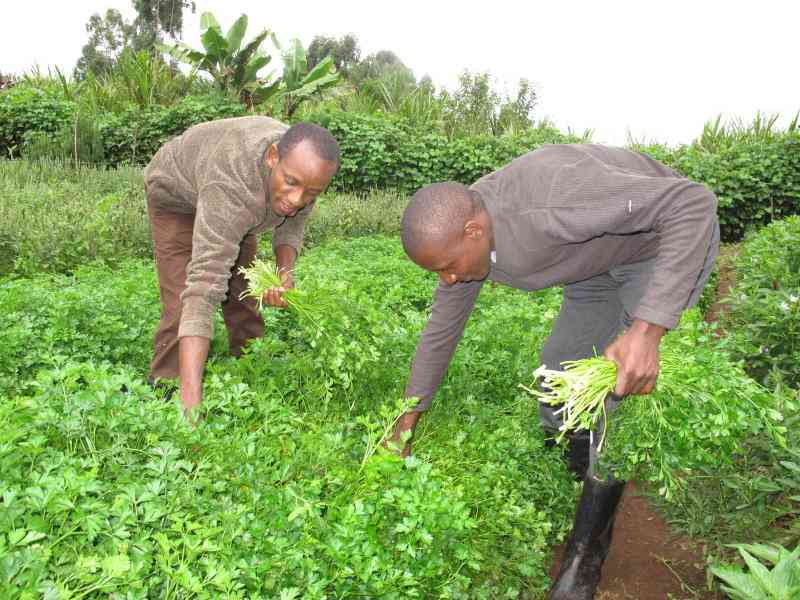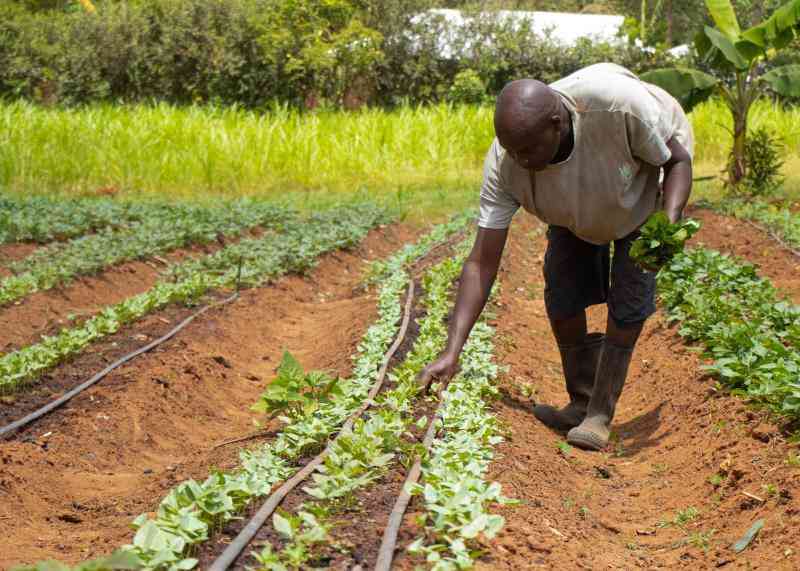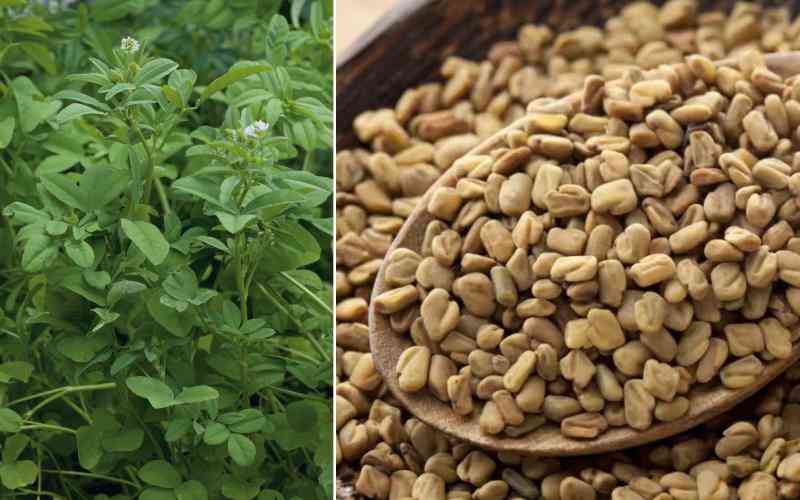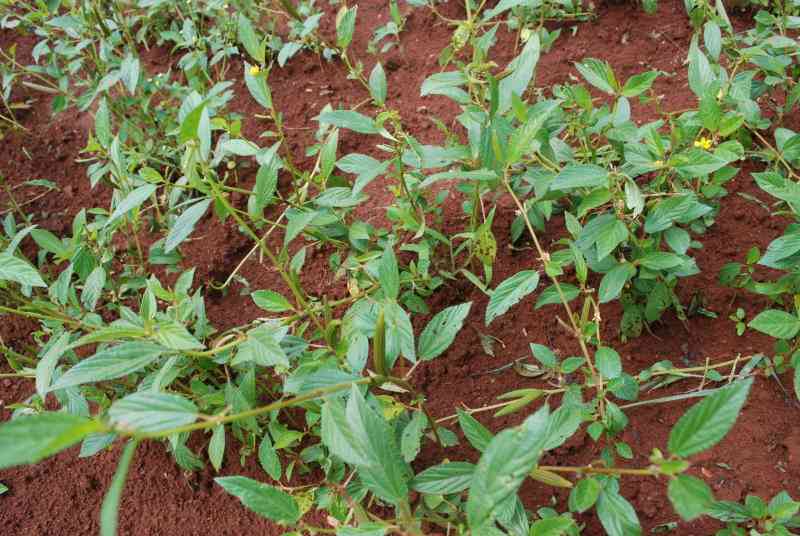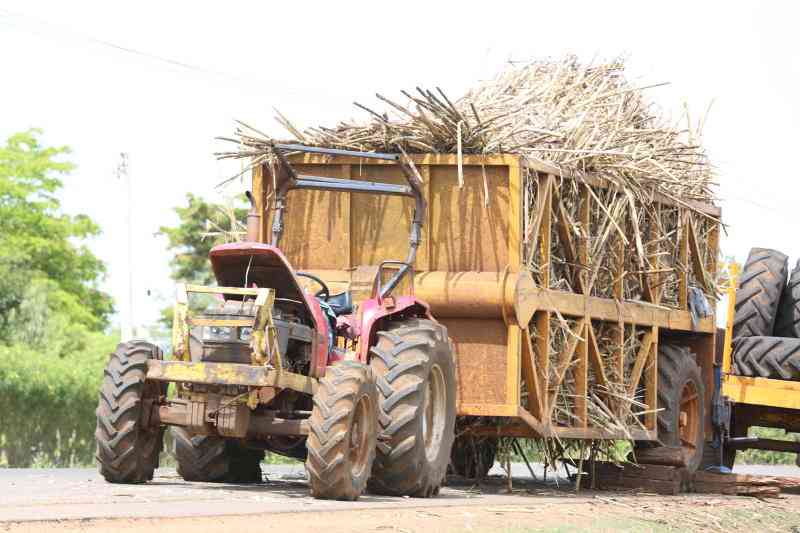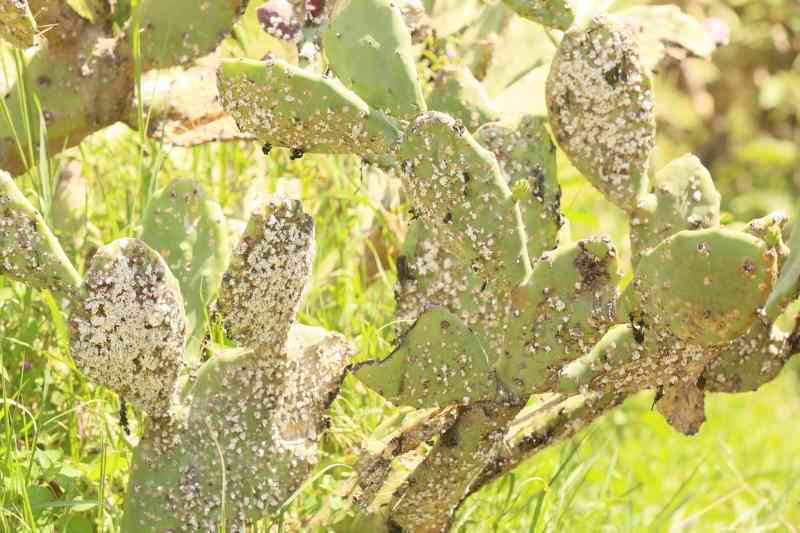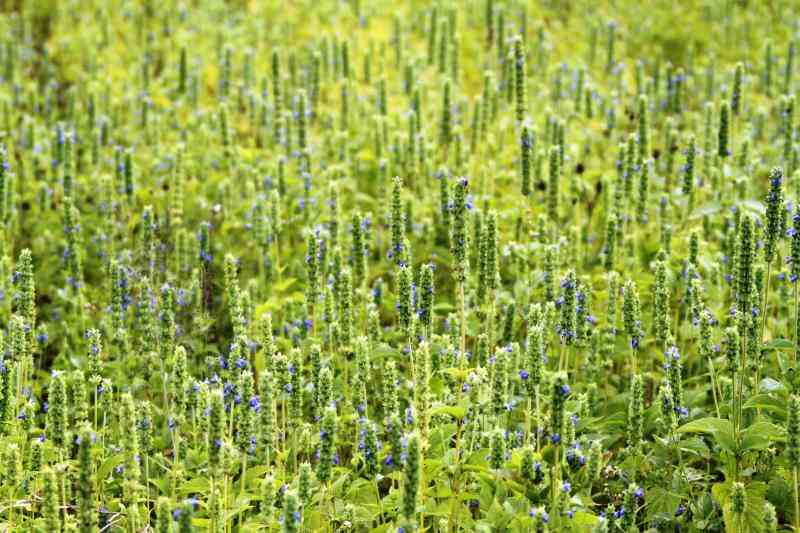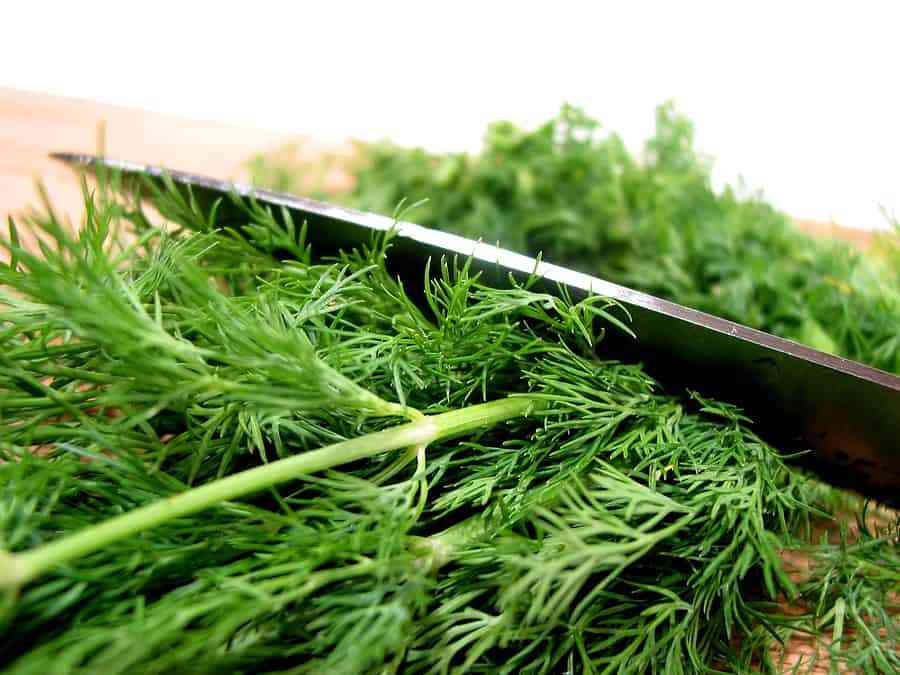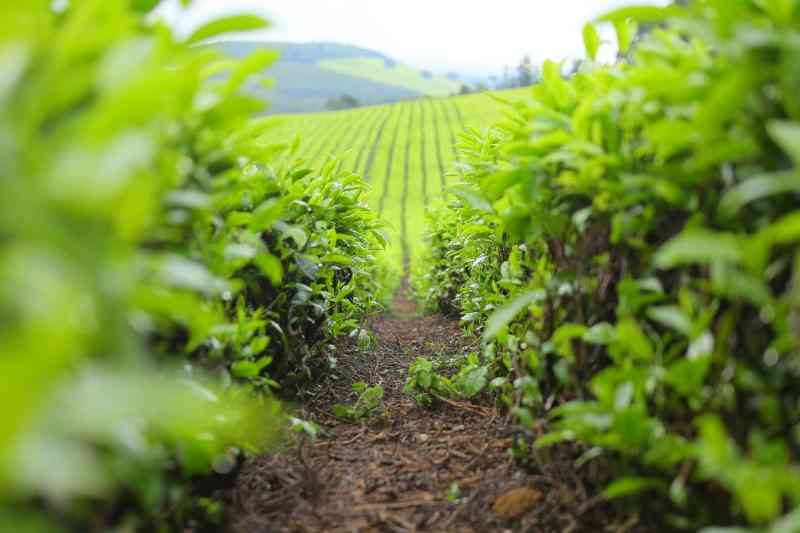Agricultural stakeholders have come together to introduce a new rice variety to put in check cheap imports that thrive on the name of pishori.
Despite Pishori’s high demand, it is a late-maturing variety and yields far less than others, hence increasing the gap for the demand.
To fill this gap, the Mwea Rice Growers Multipurpose Co-operative Society in collaboration with the Kenya Agricultural and Livestock Research Organisation (KALRO), the County Government of Kirinyaga, the Alliance for a Green Revolution in Africa (AGRA) and Kilimo Trust have joined hands to introduce a new variety known as Komboka, which has most of the characteristics of pishori, but mature 15 days earlier than pishori, and with higher yields.
The organisations came together deliberately through a project known as Competitive African Rice Initiative in East Africa (CARI-EA) with financial support from AGRA, whose aim is to enable locally produced rice in East Africa to competitively substitute the current over Sh30 billion worth of rice imports to the East Africa Common Market.
“Komboka is the game-changer, the variety which was locally developed by KALRO plant breeders has higher number of tillers, uniform crop stands, even in maturity, aromatic almost like pishori, higher yields, easy to thresh, longer panicles, less affected by diseases such as Blast, appealing grain type, early-maturing, good plant height, and no lodged hills,” said Gabriel Ochieng from Kilimo Trust.
The Komboka variety has already been introduced in other schemes within Nyanza region and Bunyala in Western Kenya.
“Since it is high yielding and fast-maturing, its price is far lesser than Pishori, which makes it an effective competitor with cheap imports,” said Ochieng.
Kenya imports thousands of tons of cheap rice, and according to rice business experts, most of it finds its way to cereal shops where it is sold at premium prices in the name of ‘Pure’ Mwea Pishori.
“Many people buy rice from different stores, and some of them get it from Mwea, thinking that they are buying pure Mwea Pishori,” said Antony Waweru, the CEO, Mwea Rice Growers Multipurpose Co-operative Society.
“The truth is that a very small population consumes pure pishori, while most of Kenyans are fed on cheaply imported rice, but blended with small portions of Mwea pishori just to give it the desired aroma.” He added.
Pishori is a rice variety officially known as basmati, and whose origin is Pakistan. In Kenya, it grows well in Mwea, Kirinyaga County.
According to a report by AfricaRice, rice has now become the fastest-growing food staple across the continent.
The report says since the early 1970s, rice is the number one source of calorie intake in many parts of Africa and comes third after maize and cassava on the continent.
However, most countries in the Sub-Saharan Africa region still import rice from Thailand, India, and Pakistan among other Asian countries.
 The Standard Group Plc is a multi-media organization with investments in media platforms spanning newspaper print
operations, television, radio broadcasting, digital and online services. The Standard Group is recognized as a
leading multi-media house in Kenya with a key influence in matters of national and international interest.
The Standard Group Plc is a multi-media organization with investments in media platforms spanning newspaper print
operations, television, radio broadcasting, digital and online services. The Standard Group is recognized as a
leading multi-media house in Kenya with a key influence in matters of national and international interest.

